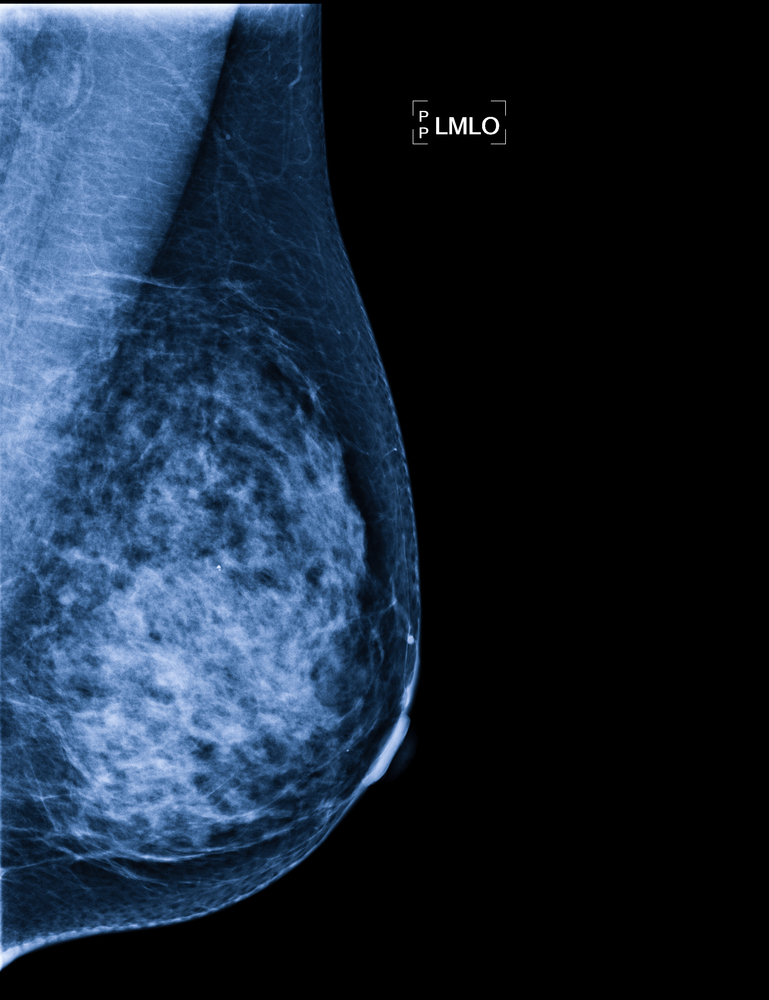In a new study entitled “TLR4 has a TP53-dependent dual role in regulating breast cancer cell growth” researchers discovered a specific immune protein called TLR4 has a dual role in either promoting or inhibiting breast cancer growth, depending on the status of a particular gene. The study was published in the journal Proceedings of the National Academy of Sciences.
Researchers from the University of Texas MD Anderson Cancer Center discovered that drugs targeting the immune receptor protein TLR4 to inhibit cancer growth may actually promote cancer cells’ proliferation in breast cancer patients, depending on the status of the Tumor Protein p53 gene (TP53). The study fundamentally changed researchers’ concept of TLR4 as a driver for breast cancer.
TLR4 was previously considered to promote tumor growth (known as oncogene) and thus therapies targeting TLR4 expression are currently being developed to inhibit TLR4 activity and consequently, eliminate cancer cells. Now, this study showed that TLR4 drives breast cancer cell growth depending on the activity of TP53, one of the major known tumor suppressor genes. In fact, TP53 is one of the most mutated genes in cancers, with 30 to 50% of breast tumors exhibiting mutated forms of TP53.
Now, the research team discovered that TLR4 activation leads to a dual phenotype – while it inhibits growth of TP53 wild-type cells, it actually promotes the growth of breast cancer cells with mutant TP53. The authors performed further studies and observed that the dual effect of TLR4 was associated with changes in tumoral cytokine secretion: TLR4 activation in TP53 mutant breast cancer cells led to an increase in cytokines production promoting cellular growth; on the contrary, TLR4 activation in TP53 wild-type breast cancer cells increased the expression of interferon gamma, a key signal with an established role in tumoral suppression.
These results highlight TLR4 dual role in tumor growth and establish a key finding to consider when designing clinical settings –TP53 mutant breast tumors can be treated with TLR4 inhibitory therapies, whereas the same treatment will promote tumoral growth if they carry TP53 wild-type tumors.
Powel Brown, M.D., Ph.D., professor and chair, Clinical Cancer Prevention and study lead author noted, “This study demonstrated that while TLR4 can function as an oncogene in some breast cancer cells, it acts as a growth suppressor in cases where TP53 is wild-type. Therefore, it may be dangerous to inhibit TLR4 in those cases as you may actually promote cancer growth.”


